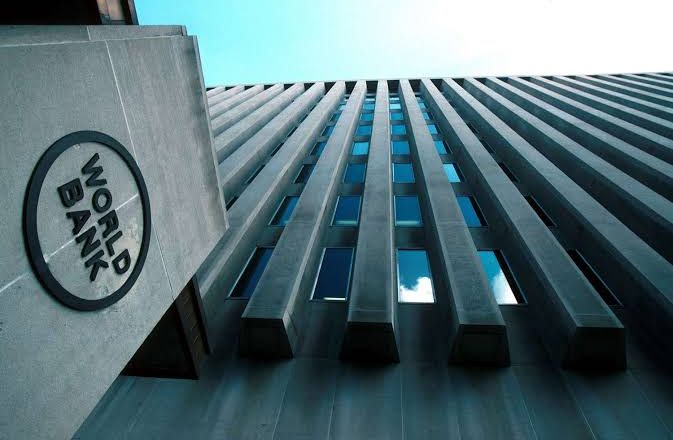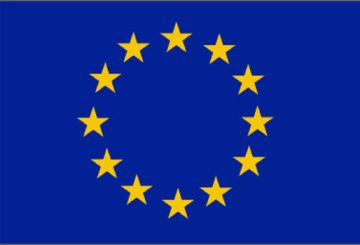The World Bank has approved $1.57 billion in new loans for Nigeria, aimed at supporting healthcare, education, and climate resilience projects. The funding includes $500 million for improving governance in key sectors, $570 million for the Primary Healthcare Provision Strengthening Programme, and $500 million for the Sustainable Power and Irrigation for Nigeria Project (SPIN). The projects are designed to enhance health services for women, children, and adolescents, as well as address climate challenges such as floods and droughts through improved dam safety and irrigation.
The newly approved loans will help Nigeria address weaknesses in governance systems, particularly in education and healthcare. The HOPE-GOV and HOPE-PHC programs aim to strengthen service delivery in these sectors, benefiting 40 million people, particularly vulnerable populations. Additionally, the SPIN project will improve water resource management, benefiting farmers, households, and livestock breeders through better irrigation systems over 40,000 hectares. It also includes plans to enhance dam safety and increase hydropower generation.
This approval follows a series of loans granted by the World Bank to Nigeria, amounting to $6.52 billion under the current administration. With further loans expected later this year, the World Bank’s commitment highlights its role in supporting Nigeria’s human capital development and climate resilience efforts amid rising external debt servicing costs.





